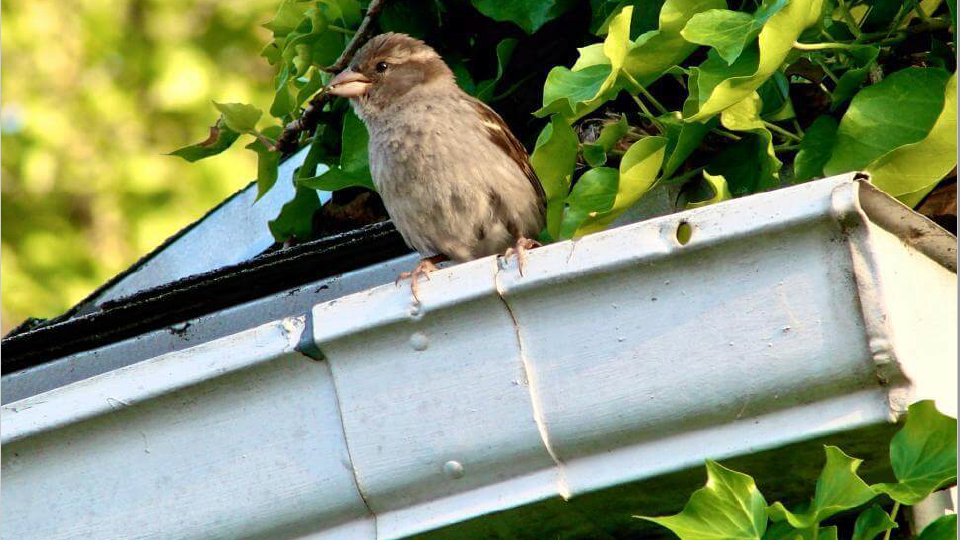
With summer right around the corner, now is the perfect time to get a head start on all of those outdoor maintenance tasks that need to be done at your rental property.
Staying on top of regular maintenance can help to keep your rental looking its best -not to mention it'll also help to extend the life of your fixtures and features; reducing the chance of things breaking early and leading to additional problems. A well-maintained rental property can also inspire tenants to care for the home.
Spring cleaning might seem daunting, but it doesn't have to be. With a bit of planning, you'll be able to focus on the areas that need attention most, and stay on-task and focused as you work to get things done.
To keep your rental property in top shape all year round, here's a look at a few important maintenance items that you should perform during the spring months.
Where to Focus?
When it comes to maintenance and repairs, it can be easy to feel overwhelmed by the amount of work that's in store, so try to focus on the most important and valuable tasks. Keeping the property safe and secure should always be your primary objective when it comes to deciding what repairs or maintenance jobs to complete first. This should be followed closely by preventative maintenance tasks that can help to stave off costly problems down the road.
It's a good idea to begin by completing an inspection of the property, inside and out, to determine what needs to be completed and then create a list based on priority.
Here's a look at some key maintenance areas that you'll want to focus on.
- Groundskeeping and Yard Maintenance - April showers bring May flowers, and downed tree limbs too! Trimming back trees and tall shrubbery will not only help to improve your rental's curb appeal, it's an important safety precaution as well. A properly pruned tree is less likely to sustain damage during a storm, and you'll reduce the chance of precarious limbs falling and causing damage -or worse yet, seriously injuring someone. Finally, get rid of all trees and branches that are too near the home. This will help to prevent the roots from causing damage to the foundation, and keep rodents and other unwanted pests from gaining easy access to your home.
- Window and Door Seals - Post-winter is a great time to check all the seals on the windows and doors. Sealing trouble spots will help to prevent water intrusion and damage. It'll also help to keep energy costs lower, as well as prevent mold and mildew growth. If the home has shutters, be sure to check those as well for any signs of rot or wear and tear from the winter, and replace as needed.
- Roof and Gutters - Most roofs will last 20-30 years when cared for properly. Taking the time to inspect the roof and repair any loose shingles will go a long way towards extending the life of the roof and preventing leaks -which can cause costly water damage and mold growth. Be sure to clear the gutters of debris and replace any cracked or leaking gutters or downspouts. You may want to consider adding extenders to your downspouts, so they don't empty right next to the foundation. While you're at it, keep a lookout for any small holes or places where rodents could creep inside the home.
- HVAC Systems - Having a working HVAC is a necessity. If tenants clean or replace their air filters regularly, it will keep the unit in good working condition. Filters should usually be replaced once a month. Make sure it's running optimally by having it professionally serviced once a year.
- Chimney Cleaning - Chimney sweeping companies often have long waiting lists in the late summer and early fall, so if the home has a chimney, it's best to get it cleaned and inspected early in the season. Not only will cleaning remove creosote buildup to prevent chimney fires, but it will also clear out any other fire hazards, like bird or rodent nests. If the chimney was damaged during the winter, you'll have time to get it fixed; masonry work requires time to cure, and getting it done earlier in the year allows time for the job to be properly done.
- Interiors - Tenants should be keeping the interior of the home clean, but it's a good idea to do a once over to make sure that none of the appliances, floors, walls, or plumbing fixtures require repairs. Just make sure you give your tenants adequate notice before entering, usually 24 hours is required in most states -but longer notice is always welcome.
Do It Yourself or Delegate?
A landlord can save money by going the DIY route with spring cleaning and maintenance, but sometimes the better investment is to have someone else take care of it, especially the big things that may be beyond the realm of your expertise. For example, cleaning the roof or gutters, pruning tall trees, or anything that involves electricity are tasks that are often better left to the professionals.
Finally, if you're on the fence about how to handle maintenance at your rental property, consider outsourcing the job to a property management company. At Renters Warehouse, our professional landlords are experienced in handling inspections and maintenance, and are able to ensure that experienced professionals are hired for the right jobs. Additionally, we can also tackle all of the other tasks involved in overseeing a rental as well, including tenant sourcing and screening, rent collection, and more -so you can sit back and relax, without having to sweat the small stuff.
Spend more time enjoying life and less time worrying about your rental. Visit Renters Warehouse today to learn more! Choose your state to get started.
Back to Posts
